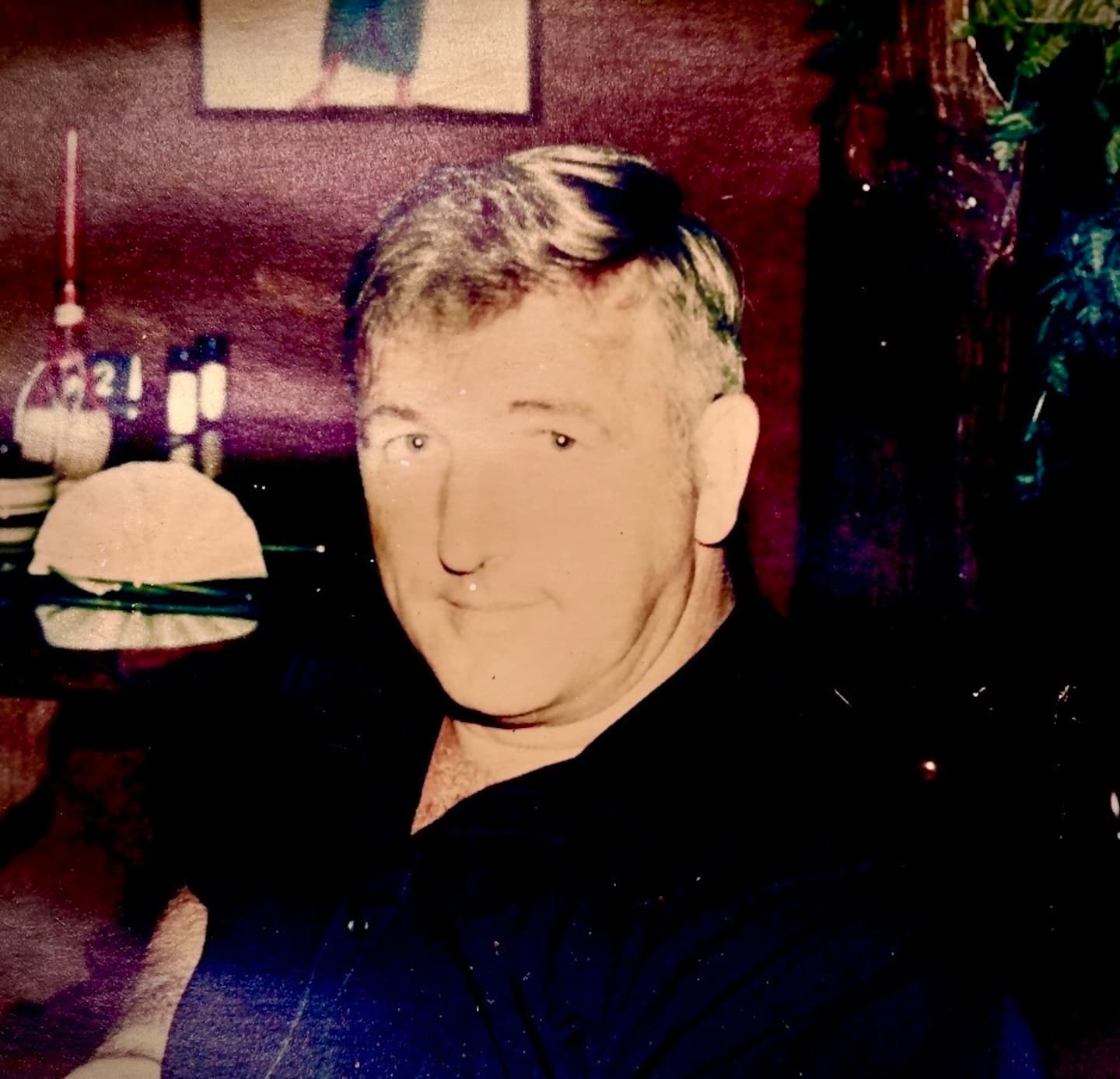

The fatal fall of a man being treated in an overcapacitated emergency department was both “foreseeable and preventable”.
Leonard Collett, known as Len or Lenny, fell while at Taranaki Base Hospital awaiting transfer to a ward and died shortly after.
Now, a coroner has found shortcomings in the nursing care provided in the emergency department (ED) to Collett that contributed to his fatal fall.
Collett, 78, was suffering from shortness of breath and was taken to Taranaki Base Hospital’s ED by ambulance on July 16, 2020.
While waiting to be transferred to a ward, he was seen struggling to get back into bed after visiting the toilet unassisted.
A nurse went to get him a wheelchair. He was then seen sitting at the end of the bed.
Shortly after, he fell and was found on the floor. It was immediately assessed that he was in a critical condition from the fall, and he died soon afterwards.
Collett, a father of four, was married to his wife, Vicky, for 39 years. He has been remembered as a well-respected New Plymouth publican with a great sense of humour.
A high risk of falling but no assessment
Today, Coroner Ian Telford’s findings into Collett’s death were released, formally determining he died of a cardiac arrest caused by injuries sustained in the fall.
The findings, issued after an inquest held in September, state that at the time Collett was taken to hospital, his health was deteriorating, including increasing anaemia and heart failure, severe shortness of breath, decreased mobility and a drop in blood pressure.
 Leonard Collett, known as Len or Lenny, died in the Taranaki Base Hospital emergency department. Photo / Supplied
Leonard Collett, known as Len or Lenny, died in the Taranaki Base Hospital emergency department. Photo / Supplied
He was a high risk of falling but this risk was not assessed while he was in ED.
No nursing assessments or care plans were completed for Collett, and, bar one nursing note, all other clinical entries were made retrospectively, following his death.
Claudia Matthews, HNZ Taranaki’s service lead for medical and acute services, told the coroner during the inquest that there were several resourcing issues relevant to Collett’s death.
On the evening he was in ED, it was fully staffed but there were 32 patients, despite having only enough cubicles to treat 23. At the time Collett fell, it was five patients over capacity.
ED often treated more than 40 patients at one time, Matthews said.
It was consistently over capacity, leaving patients in waiting rooms and door nooks, and making it difficult for nurses to see their patients.
Matthews said ED nurses knew how to care for patients at risk of falling but there were not enough of them to do what was required.
As of May 2025, Taranaki ED operated with 15 fewer fulltime equivalent staff than it should have, and funding to recruit into these vacancies has not been approved, the inquest heard.
Coroner Telford described this as “alarming”.
 Coroner Ian Telford held an inquest in the New Plymouth District Court into the death of Leonard Collett. Photo / Tara Shaskey
Coroner Ian Telford held an inquest in the New Plymouth District Court into the death of Leonard Collett. Photo / Tara Shaskey
Matthews said that audits of compliance with the falls risk documentation used to happen regularly.
But at the time of Collett’s death, only 18% of nursing staff were undertaking risk assessments, an audit revealed.
A subsequent HNZ report recommended that a falls risk assessment of ED patients be done within two hours, and an audit be completed within six months, showing 90% compliance.
However, Coroner Telford’s findings noted there was no evidence an audit took place within that time frame, and, in November 2022, only one patient in a sample of 25 had a falls risk assessment completed in ED.
Monthly audits over 2023 found the assessments were not being conducted at all, and since then, auditing has ceased.
Matthews advised that a quality framework, including a schedule of regular auditing across services, existed but the work was not being done due to staffing constraints.
Risk of another ‘catastrophic event’ is high
Coroner Telford found Collett’s death “foreseeable and preventable”.
“Shortcomings in the nursing care provided in the ED at the time directly contributed to his fall,” he found.
“In particular, the nursing assessment of falls risk was either inadequate or entirely absent, and there was a failure to implement appropriate interventions and monitoring to safeguard someone as vulnerable as Len.”
The coroner said the evidence heard at the inquest provided some assurance that improvements to nursing processes in the ED were well under way and continued to be developed.
“However, it was evident that such changes will have only limited impact unless and until the broader systemic issues are also addressed.
“Put simply, if this emergency department continues to operate without adequate staffing and an appropriate skill mix to safely care for and monitor patients, the risk of another catastrophic event occurring remains high.
“At the very least, it is hoped that Len’s case puts a face to the consequences of consciously deciding to operate an ED with 15 fewer fulltime staff than it has been assessed as requiring.”
Coroner Telford said the case illustrated the “profound and wide-reaching consequences” of such events.
He acknowledged Collett’s death and the trauma surrounding it continued to be felt by his loved ones, and had significantly affected HNZ Taranaki staff involved in the incident.
The coroner ordered that a copy of his findings be provided to the Ministry of Health and the HNZ leadership teams to further highlight the resourcing issues.
While HNZ Taranaki has implemented a number of changes to its policies and procedures relating to its falls risk assessment since Collett’s death, the findings identified areas for further development and Coroner Telford made specific recommendations.
“In their response to these recommendations, HNZ Taranaki have indicated that they welcome the recommendations and intend to incorporate them during the review processes which continue to evolve,” the findings read.
Tara Shaskey joined NZME in 2022 and is currently an assistant editor and reporter for the Open Justice team. She has been a reporter since 2014 and previously worked at Stuff covering crime and justice, arts and entertainment, and Māori issues.

Take your Radio, Podcasts and Music with you









